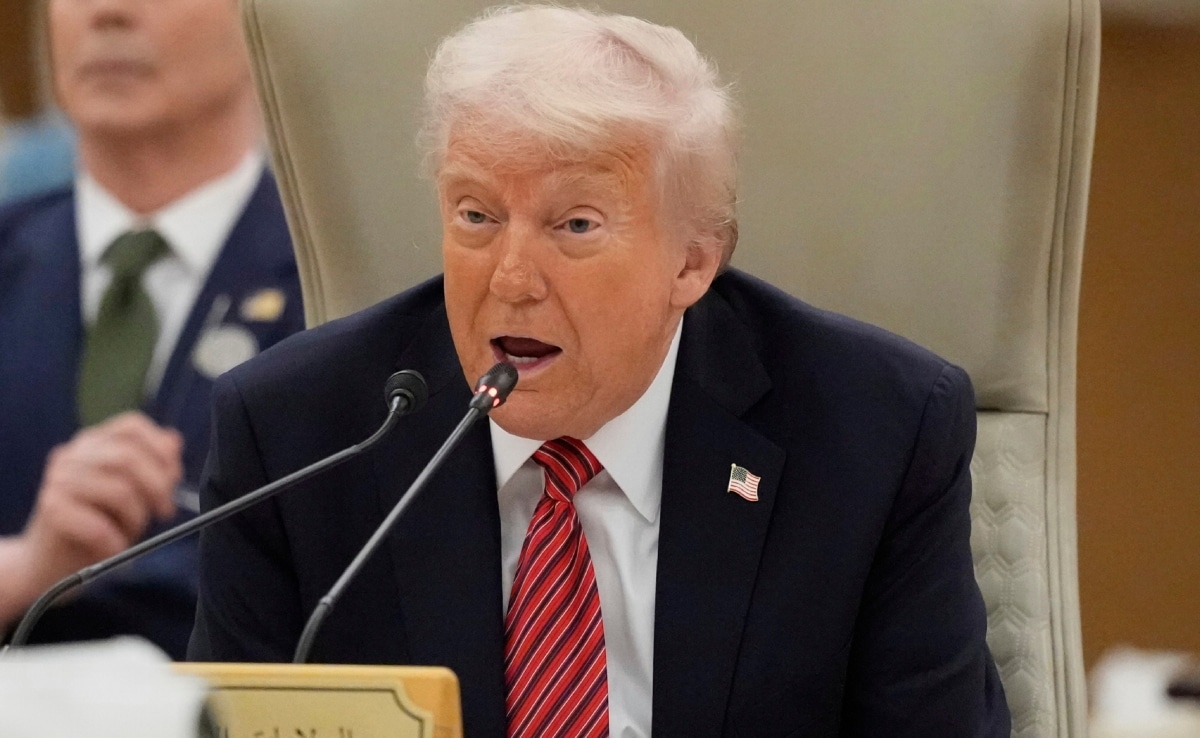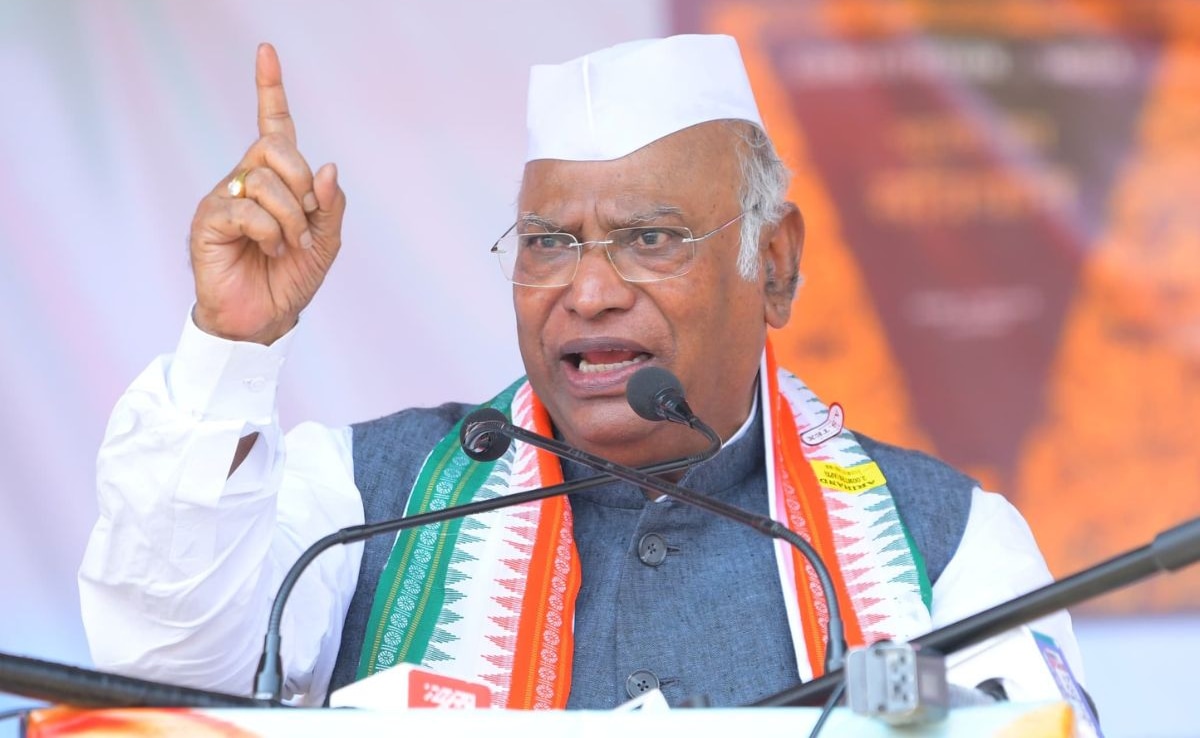US President Donald Trump’s signature tax-and-spending legislation– “One Big, Beautiful Bill“– is lined up for final vote over the coming hours in the House of Representatives, the lower chamber of the American Congress. The mega bill, which could define Trump’s second term in the White House, has faced an uneasy passage so far.
Several members of Trump’s own Republican Party have sided with opposition Democrats to criticise the bill for a number of reasons, including the impact on US national debt and healthcare.
Trump’s sprawling legislation– which is expected to slash social welfare programs and add an eye-watering $3 trillion to the national debt–was originally approved by the House in May. But it returned to the lower chamber for a rubber stamp after squeezing through the Senate on Tuesday by a solitary vote following several revisions.
How The New Version Of The Bill Benefits India
Among the revisions in the proposed legislation was a significant dilution of the provision on tax remittances to other countries, including India. In a massive relief for thousands of non-resident Indians (NRIs) and Indian professionals working in the US, who send money back home, the updated draft of the bill released on June 27 showed that the tax rate on remittances was slashed to 1 per cent, down from the 5 per cent proposed originally. The tax rate was brought down to 3.5 per cent in the House version of the bill earlier.
The rule will apply to all US residents who aren’t US citizens-including Green Card holders, people on temporary visas such as H-1B or H-2A and foreign students. The reduction in tax on all international money transfers will benefit nearly 45 lakh Indians living in the US, including nearly 32 lakh persons of Indian Origin. It will apply to all remittances made via cash, money orders, or cashier’s checks.
“There is hereby imposed on any remittance transfer a tax equal to 1 per cent of the amount of such transfer…The tax imposed by this section with respect to any remittance transfer shall be paid by the sender with respect to such transfer,” the updated draft of the bill states.
The new draft also said that the bill will exempt remittances made from “an account held in or by a financial institution” and those “funded with a debit card or a credit card issued in the United States”.




